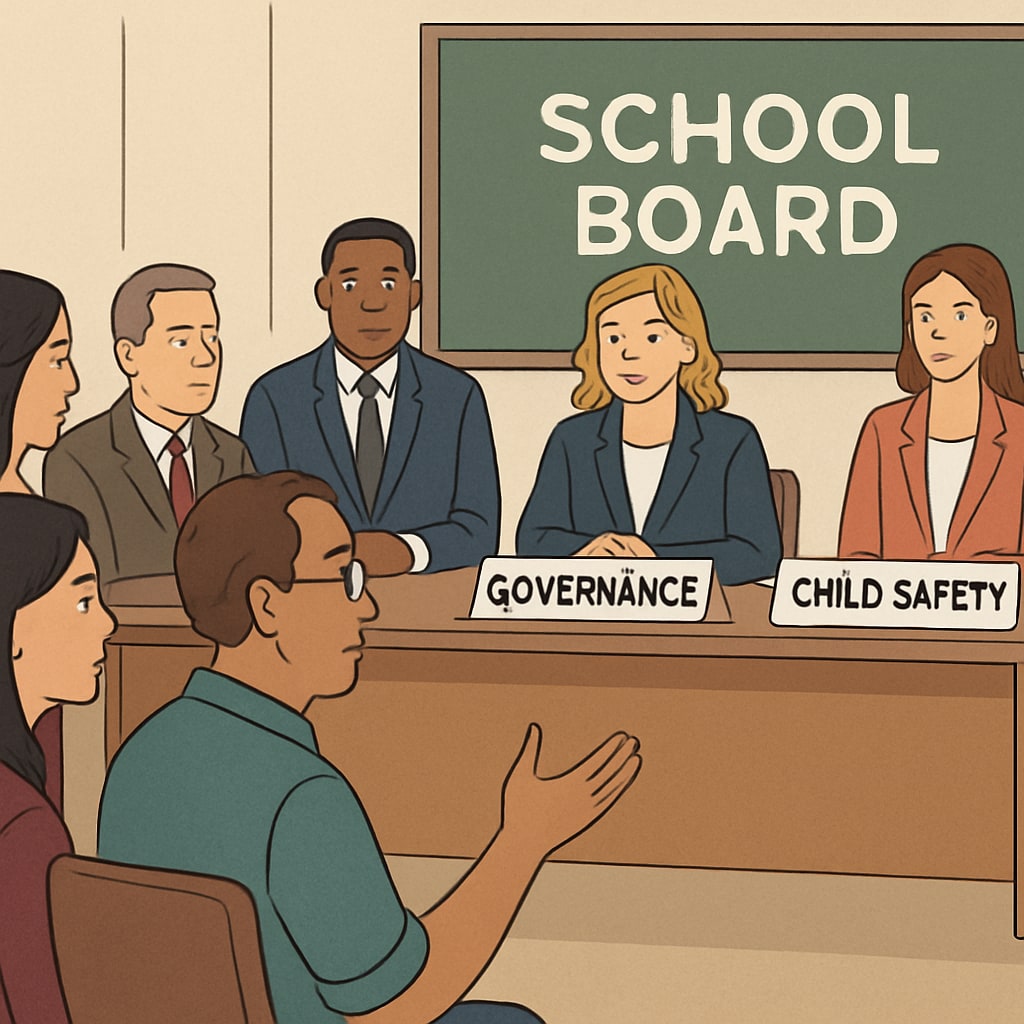Concerns about the appropriateness of a school board member with an alleged history of child abuse have sparked significant debate among community members. Such situations highlight the ethical dilemmas and governance challenges faced by educational institutions. Protecting children and maintaining trust in the education system are critical priorities, and communities are increasingly demanding transparency and accountability in school governance.
Understanding the Ethical Dilemma
School board members hold positions of influence and are tasked with making decisions that directly impact students’ safety, education, and well-being. When a board member has a controversial past, such as a history of child abuse allegations, it raises questions about their suitability for the role. Parents and residents are naturally concerned about the message this sends to students and the potential risks involved.
Ethically, the situation becomes a balancing act between acknowledging an individual’s right to rehabilitation and protecting the vulnerable members of the school community. However, the safety and trust of students, parents, and staff must always remain the top priority.

Community Actions to Address Concerns
When faced with such controversies, communities have several avenues to address their concerns. These include:
- Petitions: Residents can organize petitions to express their collective disapproval and request a review of the board member’s appointment.
- Public Meetings: Attending school board meetings and voicing concerns during public comment periods is an effective way to bring attention to the issue.
- Legal Channels: In some cases, communities may explore legal options if there is evidence that the individual’s appointment violates school policies or state laws.
- Media Engagement: Highlighting the issue in local or national media can help amplify community voices and pressure decision-makers to act.
For example, communities in similar situations have successfully advocated for stricter background checks and more transparent vetting processes for school board appointments. Such measures can help prevent future controversies and protect the integrity of the education system.

Advocating for Transparent Governance
To avoid similar issues in the future, it is essential to establish clear and transparent governance mechanisms for school boards. Best practices include:
- Enhanced Background Checks: Implementing thorough background checks for all board candidates to identify any red flags.
- Code of Conduct: Adopting a strict code of conduct that outlines expectations for board members and includes provisions for addressing past misconduct.
- Community Involvement: Encouraging greater community participation in the selection and vetting of board members.
- Regular Audits: Conducting periodic audits of board member appointments to ensure compliance with ethical and legal standards.
By advocating for these changes, communities can help ensure that school boards operate with integrity and prioritize the safety and well-being of students. It is essential to foster an environment where parents and students feel confident in the leadership of their educational institutions.
In conclusion, when a school board member’s controversial history comes to light, it is an opportunity for the community to demand greater accountability and transparency. By taking collective action, residents can safeguard their schools and uphold the values that education represents.
Readability guidance: Short paragraphs, clear subheadings, and lists help organize the content effectively. Transitions such as “however,” “for example,” and “as a result” ensure smooth flow. Active voice is used to maintain clarity and engagement.


